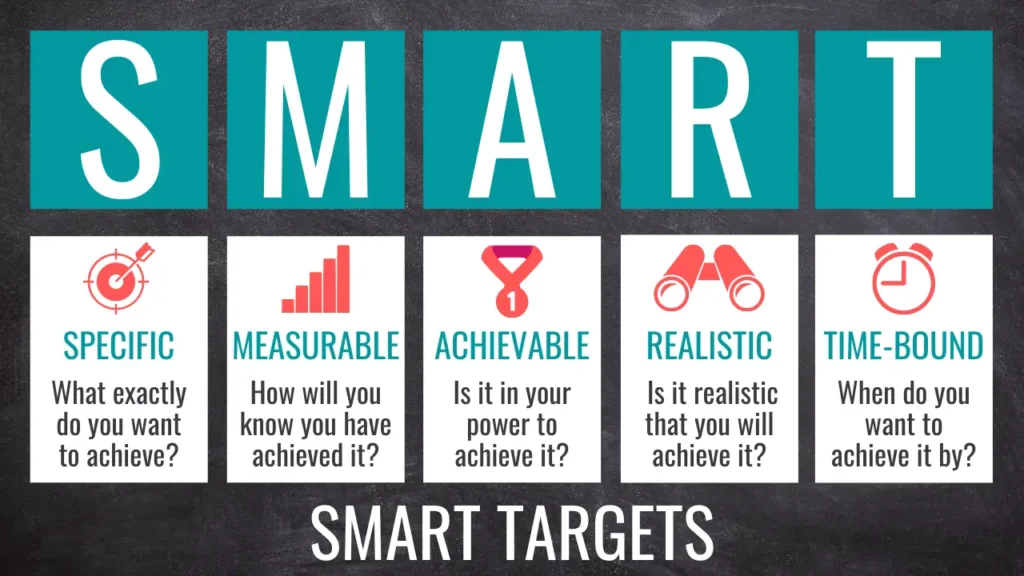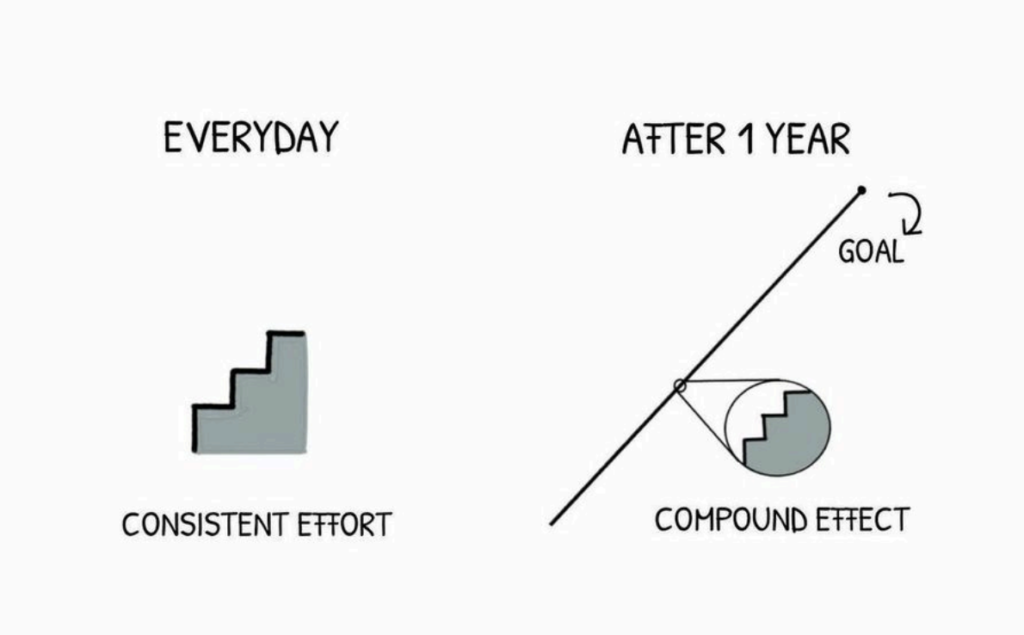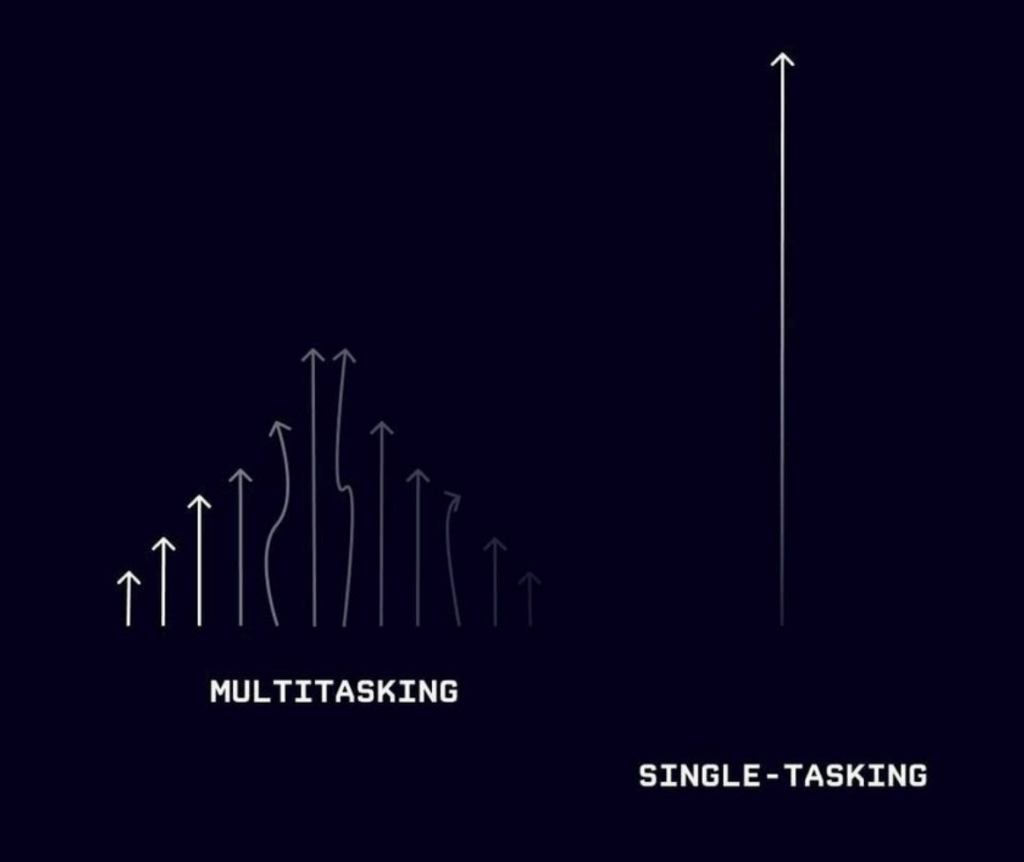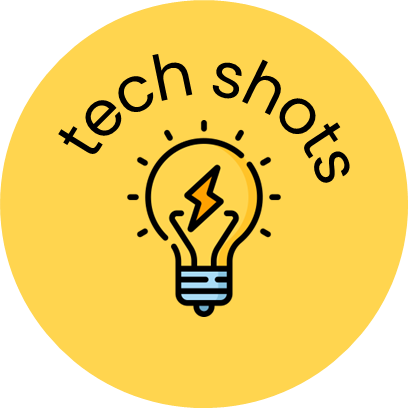How to Learn a New Skill?

We live in an era where we have tons of information at our fingertips using the internet. No generation has ever had access to such immense knowledge as the current generation. We can get answers to almost every single question within a matter of seconds. As information becomes more and more easily accessible, the things we want to learn and achieve keep increasing continuously. We can safely say “Sky’s the limit” in terms of learning any new skill. However, there is one thing that we don’t have much of. Time! We become so busy in our lives striving to achieve a perfect work-life balance that we find it challenging to put sufficient time into learning anything new. But, this should not stop us from learning new things that matter to us. Remember, it is “challenging” but not “impossible”. So, let’s go through this article where we will not just see how to learn a new skill, but also some tips and pointers that will help us learn new skills faster.
Let’s get started…
Stop believing the Talent Myth:
The first step before learning anything new is removing the restrictions that we have self-imposed on ourselves knowingly or unknowingly. For a long time, people believed that “Talent is innate” i.e. you are either born with it or simply don’t have it. However recent studies have shown that talent is acquired and the skills are developed after consistent practice and dedication. The best part of learning is you get to choose what you want to learn and based on what you want as benefits! So remove all the restrictions and keep an open mind to absorb the limitless possibilities and joy of acquiring a new skill/talent/knowledge.
Select a skill and set goals:
The second thing that we need to do of course is to pick a skill. There are 2 possible ways to select a skill that you want to pick up:
-
- Pick a skill that would benefit you: We might feel more inspired and motivated to learn something that we think might benefit us in our day-to-day work lives. This may include learning a new programming language, learning data analytics, public speaking, presentation skills, etc. For this, you would have to perform a gap analysis to identify your current abilities and then narrow down the areas where your effort is required for learning the skill.
-
- Pick something you would love to learn: These are the skills that do not benefit you in your jobs directly but are those that you would enjoy learning or you want to pick them as hobbies. It may be gardening, drawing, photography, knitting, dancing, learning to play musical instruments, singing, magic tricks, etc.
Once you have selected what you want to learn, the next step is to set realistic goals. This goal need not necessarily be the end result of what it would be after you learn the skill. It can also be milestones that when achieved would help you push harder towards the direction of
achieving your skill. For example, if you want to learn web development, then one of your milestones can be building your own online portfolio from scratch. If you want to learn public speaking, then you can keep delivering 5 speeches in a month as a milestone. You can follow the approach of setting SMART goals (as shown in the below image) to help you lay out the plan.

Goal Breakdown :
Once you have selected a set of realistic goals, the next step would be to break each goal further down into small, isolated and measurable portions. This is because the goals that we set might at times feel overwhelming especially when we are learning something new. This is the case where we do not know how and where to start. Hence, breaking them down into smaller chunks would help you focus on what is lying in front of you better. You can think of each step as lessons. Each lesson should build towards the goal. They might feel small, but as and when the lessons are accumulated, you will realize how far you have come from where you have started. For example, suppose you want to become a web developer. In that case, you might first want to learn how websites work, what are the different components involved in play when you hit a URL, what the frontend and the backend is and once you are familiarized with the basics, you pick up the topics that you want to learn in frontend such as HTML, CSS, JavaScript and within each topic, you again divide into smaller topics. Remember to strengthen on the foundation and fundamentals. As the saying goes, “It is not possible to build a great building on a weak foundation.”
Set Deadlines:
Even though you have set time-bound goals, it is very much important to strictly adhere to the deadlines. The longer time you give yourself to learn something, the more time will be needed to finally acquire the skill. According to Parkinson’s law –
“work expands so as to fill the time available for its completion.”
– which implies that the longer time you give, the more time you will spend procrastinating and pushing away the tasks. So, to avoid this, we can use the law to our advantage by giving shorter deadlines.
Learn By Doing:
By following a hands-on approach to learning, studies have proven that humans tend to learn faster. It helps to identify various situations, learn on the go and adapt to them. The problem with the theoretical/passive learning approach is we tend to forget it faster. When we perform something in action, the knowledge retention is much deeper and we will not forget what we have learnt. This type of learning is also called experiential learning. Even the mistakes made are considered part of learning. So, do not waste much time learning theoretical aspects and jargon about your skill. Begin to deep dive as and when you learn something by following the trial and error method. You can create blogs about what you have learnt, you can solve problems related to the new programming language that you are learning on different online platforms, create your portfolio website and so on. The more action you do, the more you learn.
When you are stuck, don’t hesitate to ask for help.
Practice:
We all know the proverb that
“Practice makes perfect”.
So, as and when you have learnt something, dedicate yourself to practice whatever
you have learned. The practice time does not come under the time that you have allocated to learn the skill. This is separate. You need to set aside some of your time every day just to revise whatever you have learnt in the past. If your goal is to learn a musical instrument, say guitar, then set 30 minutes of your day to work on the chords that you have learned and an additional 30 minutes for learning new chord
positions.

Additionally, if you are practising things that you know very well, then it is of no use. To excel at anything, one has to push themselves out of their comfort zone and this can be done by practising things that you are not familiar with or not very good at. It is also important to concentrate on what you are practising. Challenging yourself by concentrating on something difficult for you is the most proven way of
getting you out of your comfort zone and will make you achieve a higher level of efficiency to achieve your goals.
Focus:
When you are learning something new, it is always recommended that you focus on one skill at a time instead of trying to learn and master multiple skills at the same time. Dividing your attention will increase the time required to master something that you desire. This does not mean that you should not learn new skills. You should learn, but not simultaneously. Take time to learn one thing thoroughly and then you can move on to the next skill.

Find a mentor and join a learning group:
Reach out to experts who can help you fast-track the learning process. Since mentors have expertise and experience in those skills, they can be of help to give you advice on the do’s and don’ts of the learning process. Additionally, you can also join a learning community or groups where you can learn and improve your skills with a group of like-minded people. It encourages you to progress at a faster pace.
Celebrate:
Celebrate your small wins during your learning process. This will ensure the endorphins and serotonin flow (feel-good hormones) in your body resulting in positive enforcement and increased motivation to work on your goals. By doing this, your brain will be conditioned that whenever you learn something, you will feel good because of the rewards and it will pump you up to achieve your goals.
In Conclusion
Learning something new should be exciting because, in a world where change is the only constant, it is very much necessary to learn new things and keep yourself updated in this ever-changing world. How you learn is up to you. You can make use of the abundant online resources and take part in gathering real-world experiences. You will get to meet a lot of new people in this process and you will have fun when doing something you love to do out of your own interest. All you have to do is picture yourself with the end goal and strive to be a better version of yourself in the end.
Resources:
Following are some of the websites where you can learn almost anything for free!
-
- Ideas to help you select skills: 101 New Skills: Learn Something New in 2024
-
- Stanford Online: https://online.stanford.edu/
-
- Open Learning Initiative: OLI – Transforming higher education through the science of learning
-
- Kadenze: Kadenze
-
- Open Learning: OpenLearn – Open University
Questions to Ponder 💭
-
- On what basis will you select a skill to learn?
-
- What are your preferred learning techniques?
-
- How will you reach out to a mentor?
-
- What is stopping you from learning something new?
-
- What new skill do you have to acquire to grow in your team?









